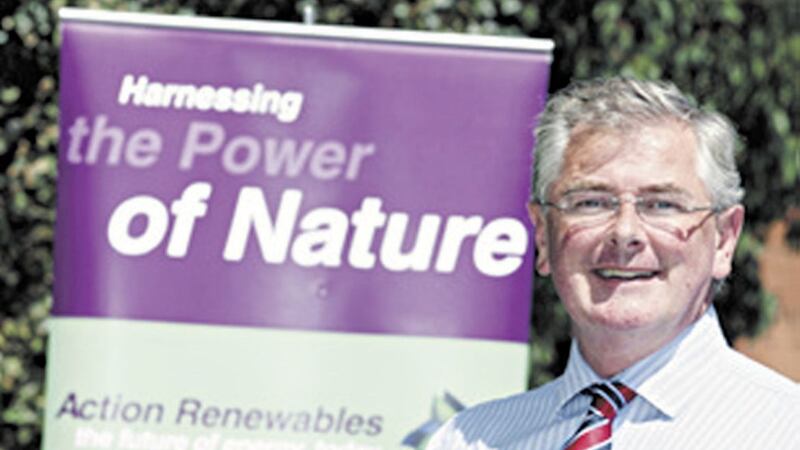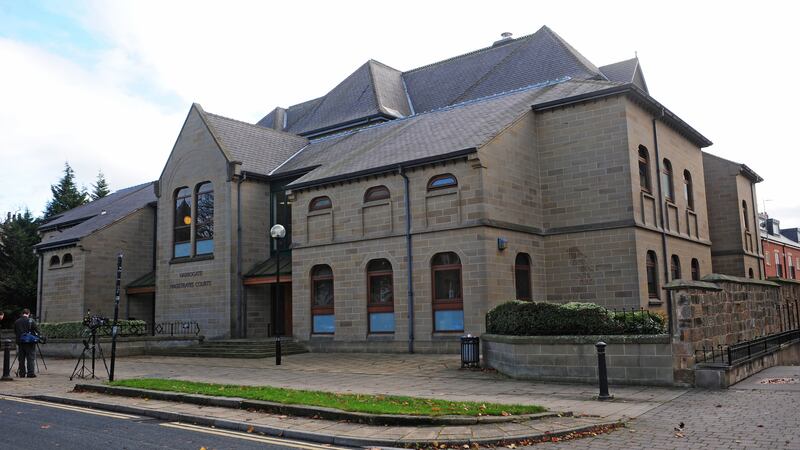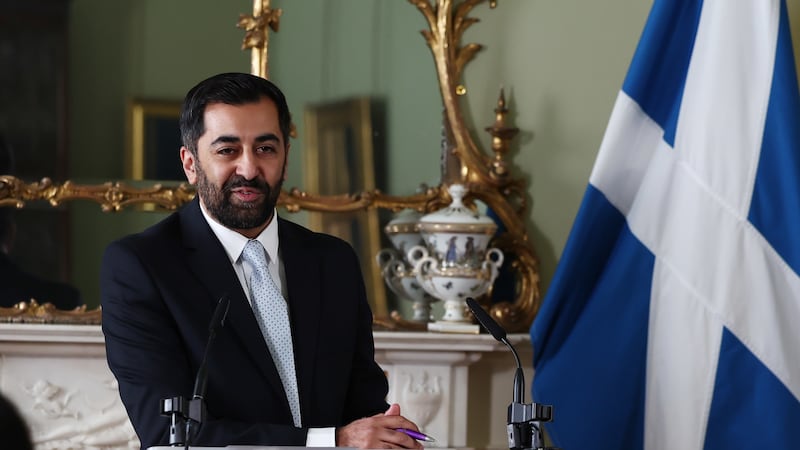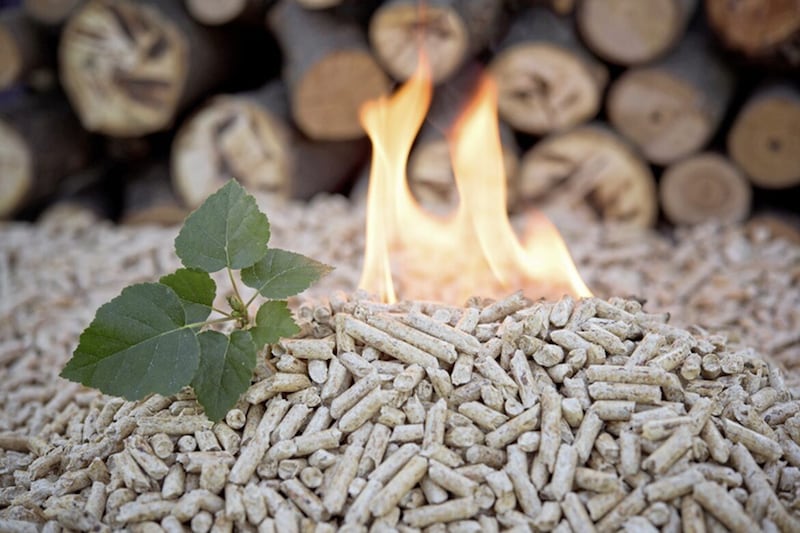THE founder of a green energy group that launched legal action aiming to prevent the naming of RHI claimants will this week give evidence to the public inquiry.
Michael Doran, who resigned as the director of the Renewable Heat Association of Northern Ireland (RHANI), was unsuccessful in his challenge last year to prevent more than 400 companies who benefited financially from the scheme being identified.
The Belfast-based charity earned almost £250,000 advising on around 550 applications.
During an interview with the BBC Spotlight programme in 2016, Mr Doran agreed that the Renewable Heat Incentive could be described as a "fundamental cock-up".
Other witnesses due to appear include Alan Hegan of Biomass Energy Ireland, another green energy consortium which had strenuously warned officials about potential abuses.
Former chair of Stormont's Enterprise Trade and Investment (ETI) scrutiny committee, Patsy McGlone, will also be probed by the Inquiry chairman Sir Patrick Coghlin and his team.
The SDLP Assembly member has previously criticised government officials for never sharing details of a less costly scheme with the watchdog.
Mr McGlone said earlier this year that had the committee been told about the cheaper scheme it would have "triggered questions".
Their evidence follows last week's explosive developments in which the DUP's 'top man', chief executive and special advisor Timothy Johnston, rejected claims he had delayed RHI cost controls.
The 40-year-old also denied he held a position of seniority over other Spads in the party during the critical 'overspend' period.
Former first minister Arlene Foster was also grilled and admitted she regretted not sacking former DUP enterprise minister Jonathan Bell, who she accused of pressing the "nuclear button" by doing an interview with the BBC's Stephen Nolan - which she said helped bring down power sharing.








